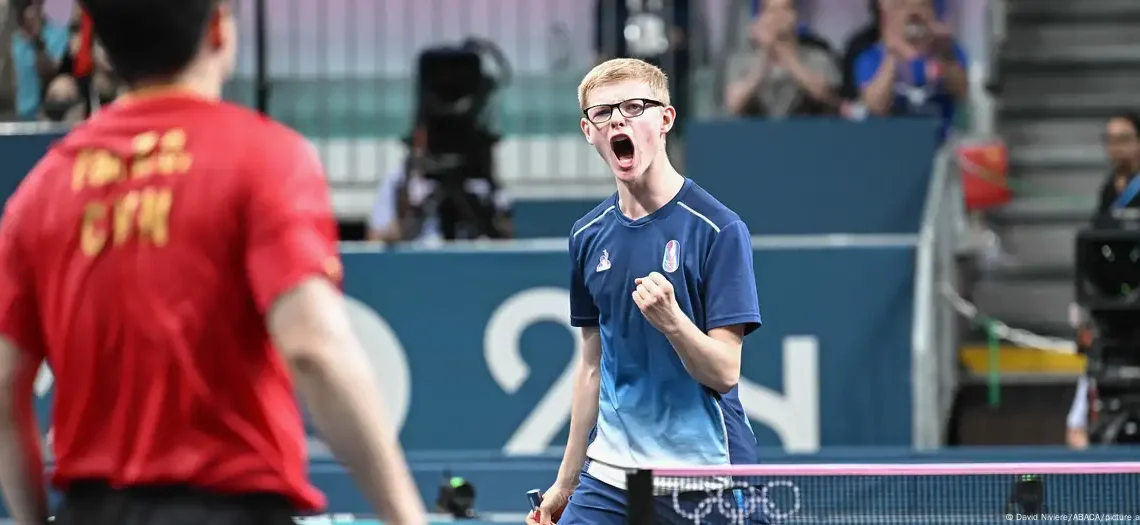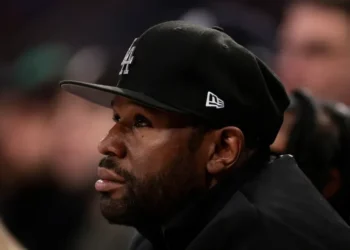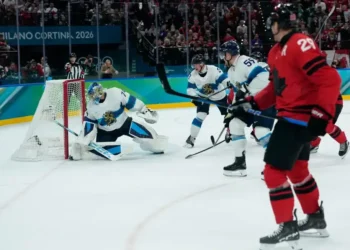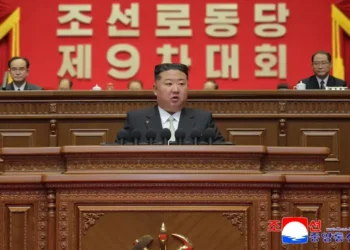Europe Challenges China’s Table Tennis Dominance
China has long been the powerhouse of table tennis, dominating the sport for decades. However, Europe, with Germany leading the charge, is making strides to challenge the status quo. This shift not only aims to disrupt China’s dominance but also to elevate table tennis as a truly global sport.
A Sport Rooted in Chinese Excellence
“Historically, table tennis has been an Asian-dominated sport, largely due to China’s enduring excellence and its deep cultural connection to the game,” said Steve Dainton, CEO of World Table Tennis, in an interview with DW.
China’s love for table tennis began in 1959, when Rong Guotuan clinched the world championship title in Dortmund, Germany, becoming a national hero. By 1961, China hosted the world championships, cementing its place in the sport’s history.
Since table tennis debuted at the Olympics in 1988, China has amassed more medals than the rest of the world combined. The country’s sweep of gold, silver, and bronze in both men’s and women’s events at the 2008 Beijing Games prompted a rule change, limiting nations to two competitors per event.
“China’s dominance stems from a deeply ingrained culture and infrastructure surrounding the sport, along with systematic training programs and a talent pipeline starting at a young age,” added Dainton.
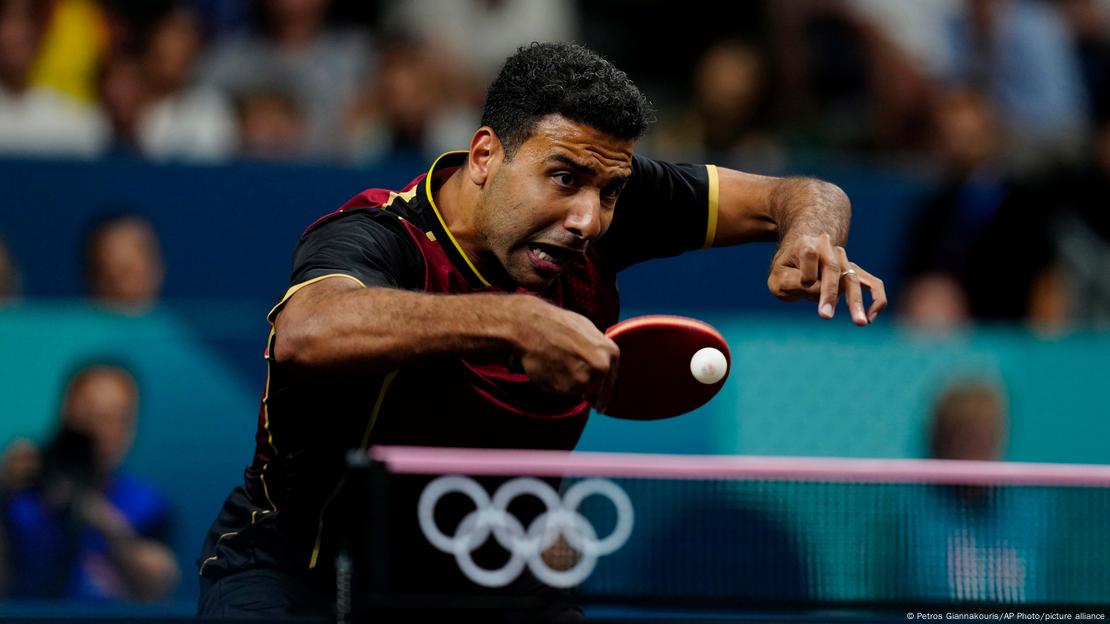
Learning from the Best
China’s current dominance is epitomized by Wang Chuqin and Sun Yingsha, the world’s top-ranked male and female players. Their precision, discipline, and mastery set a high standard for aspiring players worldwide.
“China has always set the bar in table tennis, particularly in their training intensity and focus on perfecting every detail,” said Egyptian player Omar Assar, ranked 20th globally. Competing from Germany, Assar views each match against Chinese players as an opportunity for growth.
Although Assar faced defeat against Wang and Sun in the mixed doubles at the Paris Olympics, Europe found hope when Sweden’s Truls Möregårdh defeated Wang in the men’s singles event.
Building a Competitive Future
European players recognize the need to emulate China’s youth development strategies to foster talent. Sofia Polcanova, a Moldovan-born Austrian player and European champion, emphasizes the importance of early exposure to international competition.
“Making table tennis accessible in schools and public spaces, as China has done, is just the start. Europe must focus more on nurturing young players to compete on the global stage,” Polcanova told DW.
Technology has also become a key tool for development. Players like Germany’s Patrick Franziska, ranked 12th globally, point to the vast array of online training resources available to today’s generation.
“With access to match footage and training strategies on platforms like YouTube, young players can learn and improve faster,” Franziska said. “This accessibility is driving more talent into the sport, strengthening European table tennis.”
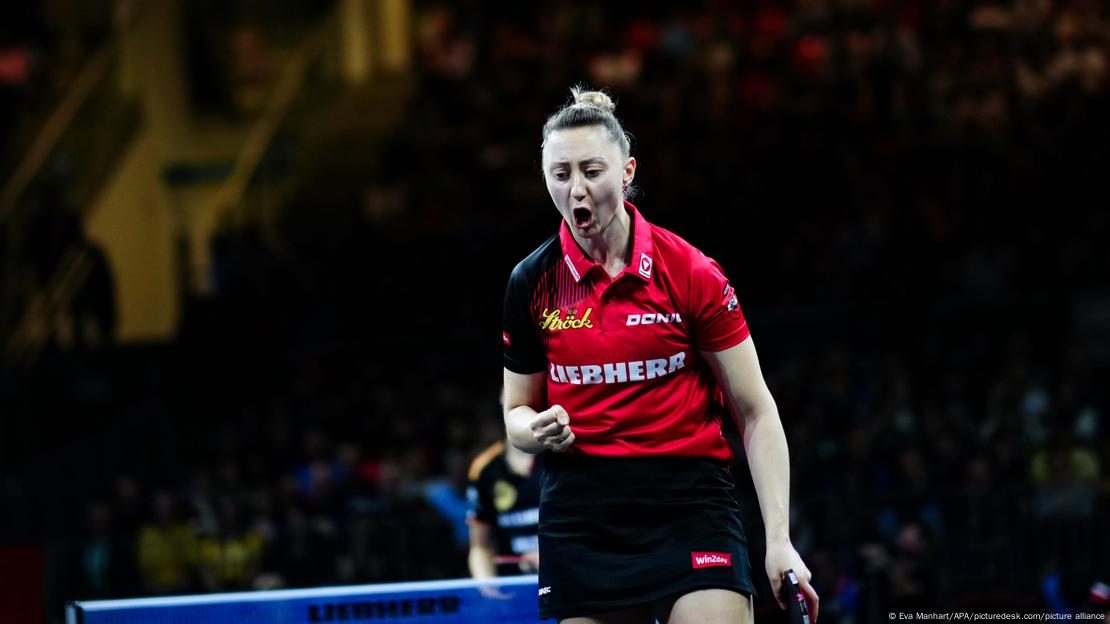
More Competition, More Fans
While China’s population of 1.4 billion provides a vast talent pool, increasing global competition could further popularize the sport.
“When athletes from diverse regions succeed internationally, it resonates with fans and builds the sport’s profile globally,” Dainton explained.
A prime example came in October when over 40,000 fans attended a tournament in Montpellier, France. Local hero Félix Lebrun captured the title, defeating top Chinese players and energizing European fans.
Germany has long been Europe’s most successful table tennis nation, with Franziska and others inspired by German legend Timo Boll.
“Boll was seen as China’s main rival, which created an exciting dynamic for fans,” Franziska noted. “Watching European players challenge the best and win medals has fueled the sport’s growth here.”
Inspiring the Next Generation
With talents like Lebrun, Franziska, and Polcanova leading the charge, Europe is poised to challenge China’s table tennis hegemony. By focusing on youth development, leveraging technology, and cultivating international competition, European players aim to inspire the next generation and elevate the sport to new heights.
This article was rewritten by JournosNews.com based on verified reporting from trusted sources. The content has been independently reviewed, fact-checked, and edited for accuracy, neutrality, tone, and global readability in accordance with Google News and AdSense standards.
All opinions, quotes, or statements from contributors, experts, or sourced organizations do not necessarily reflect the views of JournosNews.com. JournosNews.com maintains full editorial independence from any external funders, sponsors, or organizations.
Stay informed with JournosNews.com — your trusted source for verified global reporting and in-depth analysis. Follow us on Google News, BlueSky, and X for real-time updates.
